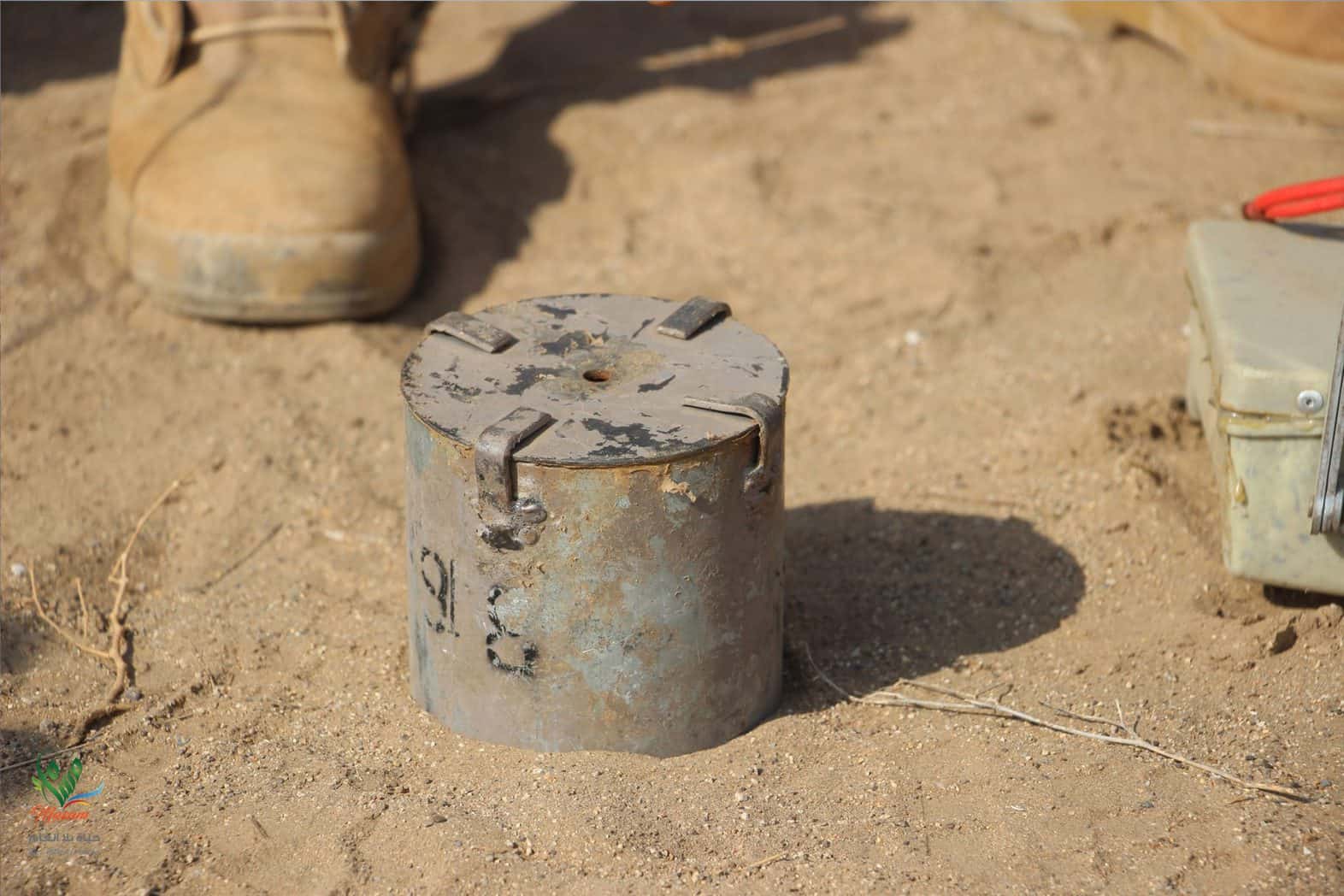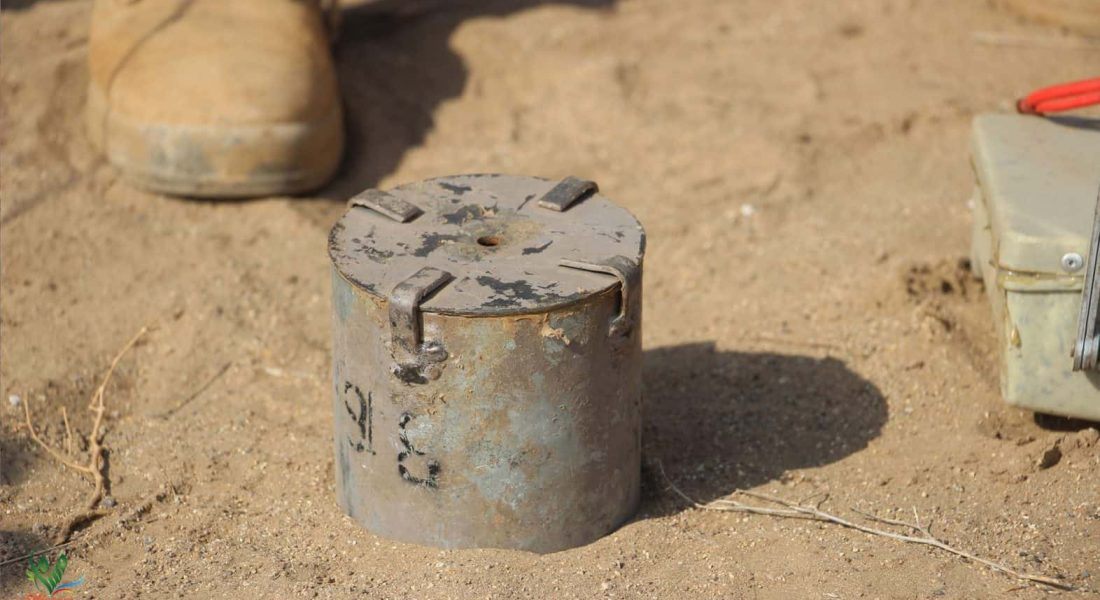News














“War does not determine who represents the right side, but who will die and who will survive,” says the English philosopher and mathematician Russell. It is probably the most appropriate characterization and conception of war. What is most painful in any conflict is the killing and displacement of civilians, which the Houthi militias do through the use of landmines.
The Houthi militia has spread its death boxes everywhere in Yemen, where they can be found in roads, farms, residential areas and everything related to the lives of civilians in their homes and livelihoods. Rebels have been planting landmines indiscriminately in Yemeni cities and villages, killing and injuring thousands of civilians.
Several international and humanitarian organizations have documented thousands of civilian casualties as a result of this scourge in Yemen, while official reports revealed that the number of victims exceeds 3,400 people, 2,700 are dead including 148 women and 279 children, and more than 700 injured, mostly children. Houthis’ unjustified use of landmines has killed and injured Yemenis, apart from the loss of limbs by many of them.
Landmines have ranged from anti-armor to anti-personnel, plus the explosive devices, which are considered to be individual mines that are prohibited to be planted, transported or manufactured, in accordance with the Ottawa Convention.
In Yemen, people paid an expensive bill because of a war started by a rogue group that its goal is to reach power without a program, vision or goal. This prompted the Kingdom of Saudi Arabia to try to find a solution to keep death away from Yemenis. Its humanitarian project Masam, which started nearly a year ago, was a source of hope in a bitter reality.
The Kingdom has sought to keep Yemen off the brink of collapse and to spare its citizens the risk of a hidden killer. Indeed, its project Masam has been able to achieve amazing results in the field of mine clearance, where it was able to remove more than 100,000 landmines, explosive devices and unexploded ordnance, In other words, it saved the lives of more than 100,000 Yemeni citizens and inspired hope for a better tomorrow.
Despite the difficulties, project Masam, through its field teams, seeks to complete the clearance of Yemeni land and coasts from landmines that have plagued the lives of Yemenis and made them live a continuous nightmare.
The black print of the Houthi terrorist group is still present even in the liberated areas, despite the efforts of all parties, led by project Masam. Therefore, the international community and the United Nations must act swiftly to force the coup militias to stop planting landmines, which have killed civilians and was the cause that thousands of them were put on wheelchairs.






